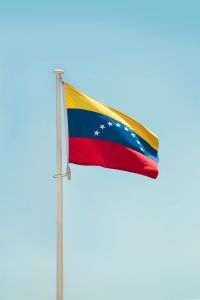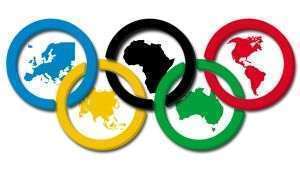
Everyone wants a profound change. No one trusts the parties anymore. And they will not give up their privileges. It is time to decide who leads: the leader or the citizen?
An irreparable rupture seems to have been highlighted by the 2024 and 2025 elections and to bring a clear verdict: Romania is tired, angry and distrustful.
But, in an alternative interpretation, we can say that, despite appearances, we are not a divided society, but one stuck between two different visions of change.
In fact, both sides are saying the same thing: we, the Romanian citizens, want profound political change.
We just don't agree on the direction.
The real problem is that neither side believes anymore that the current parties can produce the required change.
• What is to be done? Practical steps for rebuilding national unity
Romania does not need another ideological polemic, but a functional algorithm of action, which would regain the unity and trust of its citizens. Specifically:
• 1. Recognizing the breach of trust
The first step is symbolic, but essential: parties and institutions must officially admit the failure of representation.
Not in defensive speeches, but through a declaration of openness towards democratic reconstruction, through new forms of citizen consultation and decision-making.
• 2. Pact of common values between the two Romanias
However different the visions may be, there are at least three directions in which the two camps can cooperate:
A pact of democratic cohabitation on these topics would instantly reduce political tension and show that there is a basis for national reconstruction.
• 3. Reforming candidate selection mechanisms
Parties must be forced to stop reproducing their own mediocrity. A functional solution is:
- Introducing open primaries
Instead of parties nominating their candidates by decision from the center or internal vote, "open primaries” allow any citizen to participate in the election of a party's candidate.
Thus, the resulting candidate has real popular support, not just the support of party leaders (see the appendix at the end).
This must be accompanied by:
• 4. Allocation of 30% of the public budget by citizen decision
No reconciliation is possible without the redistribution of decision-making power.
An immediate solution is to create a national participatory budget, in which 30% of public funds would be subject to popular vote, monthly or quarterly, through a secure digital system.
• 5. Reprofessionalizing public language and civic education
A united country cannot communicate in hatred. Romania needs:
• Why don't the parties want to apply these measures?
Because these reforms would force them to give up exactly what keeps them in power:
• Necessary measure What do the parties lose?

The parties are not just inept.
They have a vested interest in not reforming.
Any step towards authenticity undermines their power networks.
• The conclusion: if not them, then who?
If the parties refuse to implement what is clearly necessary, the solution is to replace them, not just pressure them.
This does not mean abolishing the parties (as Călin Georgescu naively believed), but to assign them tasks other than representation (in which they have failed almost everywhere in the world), such as, for example, those of secretariat of citizen political actions.
Direct democracy is the system of political leadership by referendum (possibly, by continuous referendum); the one that becomes useless is the parliament.
Romania needs a new political model:
- Real participatory democracy, with periodic citizen vote on budgetary decisions;
- Institutions that obey the direct will of the citizen, not party algorithms;
- Legitimate leadership, not the product of internal combinations.
Nicuşor Dan knows this model, from the current trend that is sweeping the world's major mayors, in transition to direct democracy (he has not implemented it at the level of Bucharest).
If he wants to prove the authenticity of his reformist position, this is the time to propose the transition to direct democracy as an alternative to the agony of classical representation.
• After 2025, there is no more room for delay
Romania is not divided. It is drifting between a failed system and a clear need for reconstruction.
We can no longer expect salvation from within a system that works against the citizen.
It is a good opportunity for part of the decision-making power to return to where it was confiscated: to the citizens.

















































